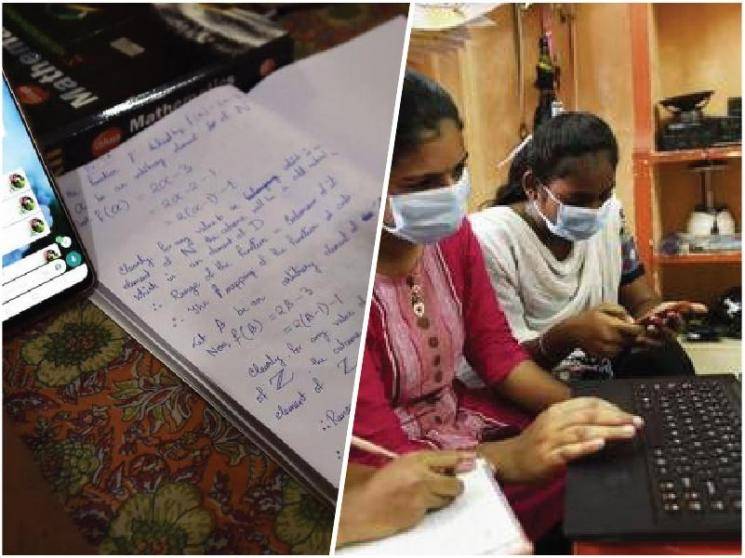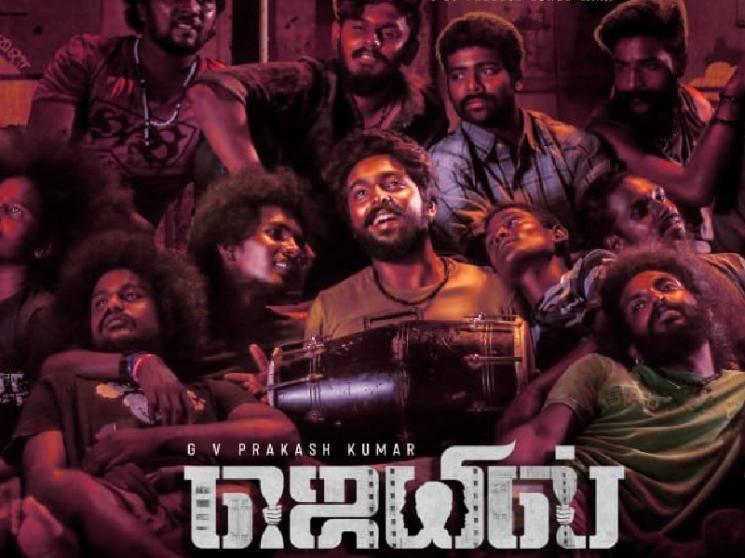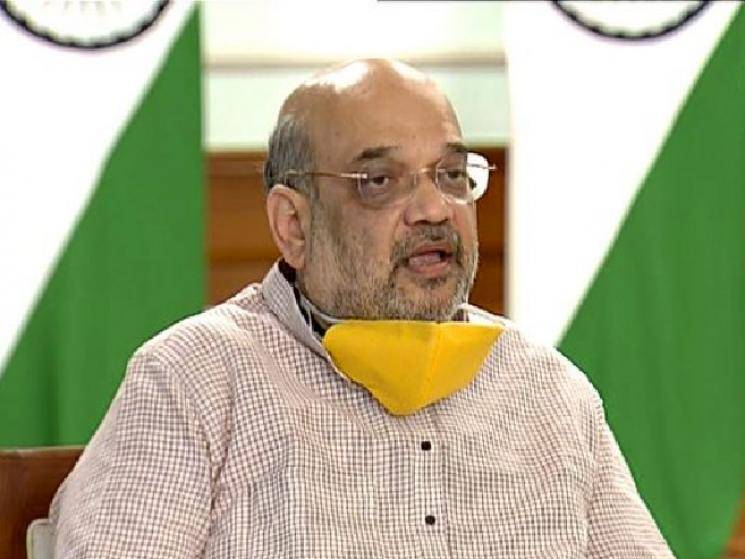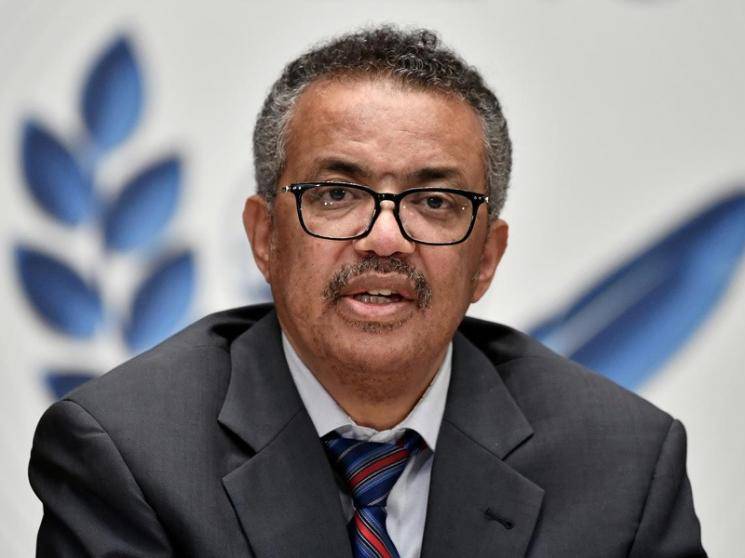94% kids in four southern states without smartphones or internet for online classes: CRY survey
By Vivek Raj | Galatta | Aug 18, 2020, 05:19 pm

A survey conducted recently by the non-governmental organization, Child Rights and You (CRY), revealed that 94 percent of the children in the four southern states did not have smartphones or any access to an internet connection for online education. Around 5,987 children were surveyed by CRY's community organisers through telephonic interviews in May-June in Andhra Pradesh, Karnataka, Tamil Nadu and Telangana.
The study was carried out in the hopes of finding how many children in the age group of 1-18 had access to the internet for their online classes. A statement released by CRY said, "With schools closed and mobility restricted due to the COVID-19 pandemic, CRY wanted to envisage the ground reality of the potential for online education,".
Among the respondents from Karnataka, nine percent of the 1,445 children surveyed answered that they owned smartphones, while only three percent out of the 1,740 children surveyed in Tamil Nadu had smartphones. "A further dipstick reveals that the annual income of 95 per cent of the families is less than Rs 1 lakh. Without substantial resources and with bare minimum affordability, having a smartphone is a luxury that more than two-thirds of these families can only hope for," the study said.
It has also been observed that around 94 percent of the children surveyed in the four states do not have access to smartphones or the internet for online education. The study further added that almost six percent of the children owned smartphones, while 29 percent of the kids were using handheld devices of their family members. In addition, it has also been revealed that 55 percent of these children gained access to smartphones only for three days a week or less, while 77 percent of them could use them for less than two hours a day.
Karthik Narayanan, regional director at CRY South, cited the study and warned that children from the marginalised sections of the society were beginning to become more vulnerable than ever before. He stated, "Education is the key to ensure a protective environment for children. Going to school not only sharpens a child’s mind but buys crucial time in their lives from being drawn into child marriage or child labour. With conventional education becoming difficult and online education being accessible to only a few, the children from the marginalised sections are becoming more vulnerable than ever before,".
Schools and colleges were ordered to be closed indefinitely in late-March due to the nationwide lockdown in the wake of the coronavirus pandemic crisis, which has since led to the government moving to the virtual world for teaching and learning activities. However, many children in the rural areas are finding e-education a distant dream due to factors such as weak internet or no accessibility to smartphones. Official statistics have revealed there are over 35 crore students in the country.

.jpg)




























